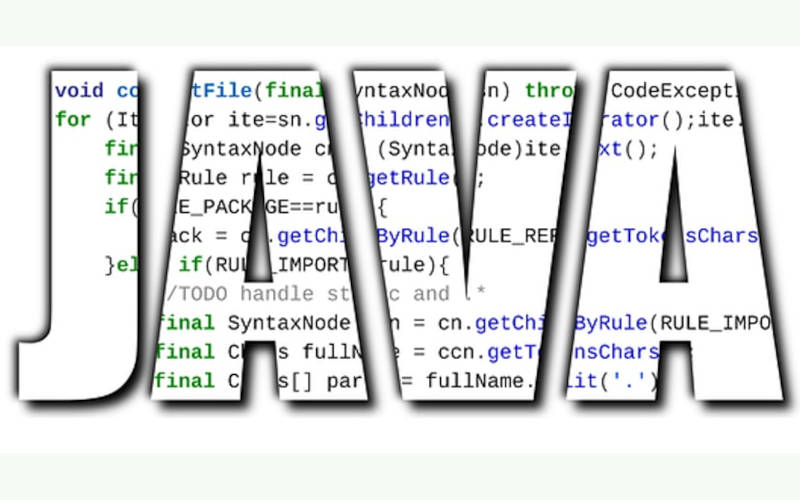Introduction to Java
Java is a powerful programming language used all over the world. It helps create mobile apps, websites, computer games, and even big company systems. Let’s take a look at the basics of Java and why it’s useful.
Java Basics
To start coding in Java, you need to understand some basic concepts:
- Syntax – The rules of writing Java code.
- Data types – Different kinds of information Java can handle, like numbers and text.
- Variables – Containers that store information.
- Operators – Symbols that help perform actions like addition or comparison.
Object-Oriented Programming (OOP)
Java follows a special way of organizing code called Object-Oriented Programming (OOP). It has:
- Classes & Objects – A class is like a blueprint, and objects are things made from that blueprint.
- Inheritance – Allows a new class to take features from an old one.
- Polymorphism – The ability to use the same code in different ways.
- Encapsulation – Protecting data by hiding it inside a class.
These features help programmers write cleaner and reusable code.
Advanced Java Features
Once you learn the basics, you can explore more powerful features like:
- Exception Handling – Fixing errors in programs.
- File Handling – Reading and writing files.
- Multithreading – Running multiple tasks at the same time.
- Collections Framework – Managing groups of data easily.
Building Applications in Java
Once you’re comfortable with Java, you can try creating simple projects like:
- A calculator to do basic math.
- A text editor to write and save notes.
- A simple game using graphics.
Java in Web Development
Java is also used for building websites. Some tools that help with this are:
- Servlets – Handle requests on websites.
- JSP (JavaServer Pages) – Helps display web content.
- Spring Framework – A popular tool for web applications.
- Hibernate – Manages large amounts of data.
Why Learn Java?
Java has many benefits that make it a great choice for programmers:
- Works Everywhere – Java runs on any device that has a Java Virtual Machine (JVM).
- Organized Code – Java follows OOP, making programs easy to manage.
- Huge Library – Java has many tools that help programmers.
- Fast & Secure – Java makes programs run quickly and safely.
- Big Community – Many Java programmers share tips and help each other.
Where is Java Used?
Java is used in many different fields, such as:
- Mobile Apps – Many Android apps are built using Java.
- Websites – Java helps in running the backend of websites.
- Big Companies – Businesses use Java for their systems.
- Big Data & AI – Java helps analyze large amounts of data.
- Games – Some games, like Minecraft, are made with Java.
- Finance & Trading – Java helps banks and stock markets run smoothly.
Conclusion
Java is a great language to learn because it is used in many industries. Whether you want to build apps, games, or websites, knowing Java will open many career opportunities for you!

